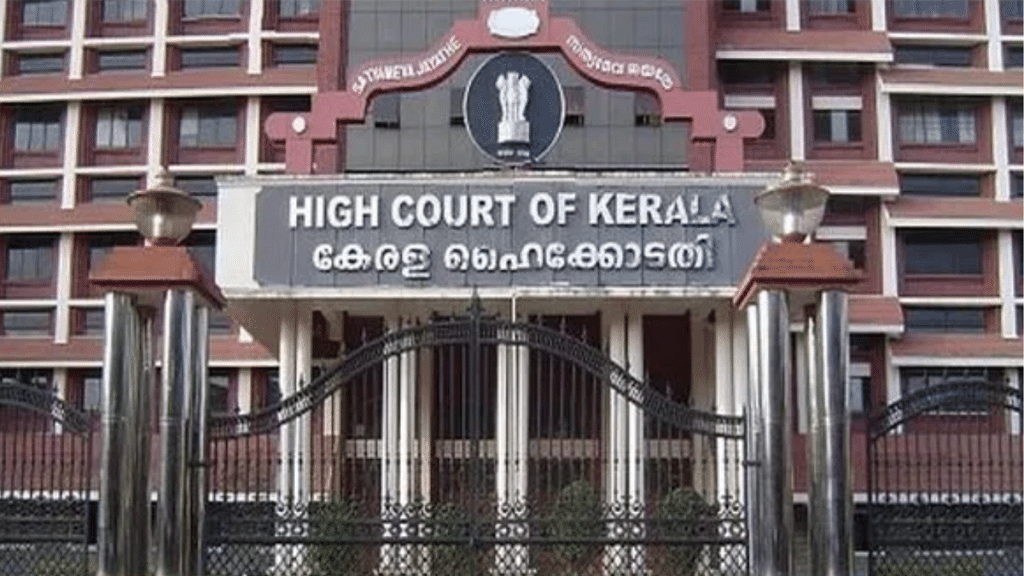New Delhi: Sexism is not cool and real men don’t bully women, the Kerala High Court observed, as it called for children to be taught respect for the opposite gender by their families and schools from a young age.
Through a judgment passed on 18 January, Justice Devan Ramachandran observed that “most of, or all allegations of sexual harassment are made against boys and very rarely against girls”, and noted that boys “often grow up with certain sexist stereotypes, reinforced by peer and other social influences”.
The court then said that while archaic concepts of masculinity have changed, they need to change more, and observed that “Showing a girl/woman respect and honour is not old fashioned; on the contrary, is a virtue for all times…Sexism is not acceptable or ‘cool’. One exhibits strength when he respects a girl/woman. Respectfulness is an imperative that needs to be inculcated very young.”
Justice Ramachandran observed that a child should be taught by the family as well as from the beginning of school that he or she must respect the opposite gender.
“They should be taught that real men don’t bully women — it is unmanly; and not an expression of macho virtue, but its antithesis. It is, in fact, the weak men who dominate and harass women — this message must ring loud and clear,” the judge added.
Pointing out that our education system focuses more on academic results and employability instead of character building, the judge announced, “It is time to shift attention to value education — so that our children grow up to be well adjusted adults.”
“Lessons in good behaviour and etiquette must be part of the curriculum; and from at least the Primary Class level; teachers must be encouraged to instill virtues and values in students,” the court observed. “Boys must know that they should not touch a girl/woman without her explicit consent. They should understand ‘No’ means ‘No’.”
The court was hearing a petition filed by one Aaron S. John, who was accused of misbehaving with and groping women in his college — TKM College of Engineering, Kollam. An inquiry was then initiated against John by the internal complaints committee (ICC) of the college, which found him guilty. He had approached the HC challenging the ICC report, as well as the order issued by the college principal suspending him for 18 months.
The court directed the college to constitute a ‘Collegiate Students Redressal Committee’, a statutory committee that can hear John and take a final decision, within two weeks. The committee is supposed to hear out both sides and make a decision within one month.
Also read: Journalists not exempted from disclosing sources if it helps criminal probe, says Delhi court
‘Focus on employability, instead of character building’
The court began its order by saying that “it does not forebode well for the future when allegations of sexual harassment are accepted to be ubiquitous, as it appears these days”. It asserted that increasing instances of sexual harassment against students, in schools and college, “impel us, as a society, to think and introspect closely”.
The University Grants Commission (UGC), the HC added, also has a role to play, so that their regulations related to such issues are effectively monitored and implemented.
It called on policy makers and influencers in the field of education to give their attention to this issue and directed the Registry to serve a copy of the judgment to the Chief Secretary of Kerala, Secretary of the General Education Department, and Secretary of Higher Education Department, along with education boards like the Central Board of Secondary Education (CBSE) and Indian Certificate of Secondary Education (ICSE).
(Edited by Zinnia Ray Chaudhuri)
Also read: ‘Marriage can’t take away identity’: SC order scrapping ‘discriminatory’ tax law for Sikkim women
